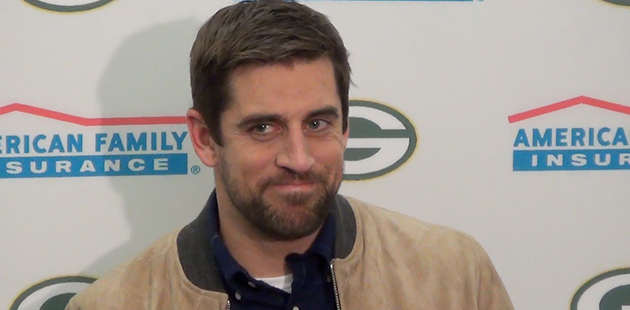‘Greatest Game Ever Played’ changed the NFL forever
BALTIMORE – Take a moment to mark the date on the calendar. Sixty years ago this week – Dec. 28, 1958 – American sports culture changed forever in a few ticks of the clock in the wind-blown, frozen dusk at Yankee Stadium.
A Baltimore Colts quarterback named John Unitas, who’d been playing semi-pro football for $6 a game only a few years earlier, handed off to fullback Alan (The Horse) Ameche, who plunged forward and simultaneously landed in the New York Giants end zone and the American future.
In the first nationally-televised pro football championship game, and the first Sudden Death overtime drama, those Colts emerged winners, 23 to 17, in a contest Sports Illustrated immediately called “the best game ever played” and ESPN, at century’s turn, called the greatest sporting event of all time.
In retrospect, it’s akin to Elvis at the dawn of rock and roll, or Al Jolson at the creation of talkies, declaring, “You ain’t seen nothing yet.”
Suddenly baseball, the national pastime, seemed slow and plodding, while a nation becoming accustomed to 30-second TV commercials, and 15-second sound bites, was discovering a sport to match the pulsating new rhythm of the post-war years.
And pro football, an afterthought until that moment, seemed to emerge in the fullness of its potential. Until this moment, the three most popular sports were baseball, boxing and horse racing.
College football, too, was far bigger than the pros back then. Army-Navy was bigger than the NFL championship. Hell, so was an ordinary Saturday at Notre Dame. The pros were seen as a bunch of overgrown beer bellies playing out their aggressions until they could settle into real jobs.
“A game designed for coal miners to play on their days off,” the columnist Jimmy Breslin called it.
But 60 years ago, all of this changed.
With barely 90 seconds left on the clock, the Colts trailed 17 to 14. They had third-and-ten on their own 14-yard line. For a sport just beginning to emerge from a three-yards-and-a-cloud-of-dust mentality, no one imagined going 86 yards in so little time.
But Unitas, somehow impervious to all pressure, threw to Lenny Moore, who needed 10 yards and got 11. Then it was Raymond Berry who caught the ball and bounced off one tackler after another. He gained 25 yards to midfield.
But the Colts had no time outs, and the clock said less than a minute to play. So again it was Unitas to Berry and then, with time nearly gone, for a third straight play it was Unitas to Berry again.
Just seven seconds remained when a nervous, unpredictable kicker named Steve Myhra raced onto the field. His field goal knotted the score at 17-17.
Sudden Death, they called it. No one had ever seen it before, an overtime period in which the first team to score would be declared champion. Even some of the players seemed confused. Several started to leave the field, thinking the game had ended in a tie.
But, in overtime, more electricity. Unitas throwing to Berry and Jim Mutscheller, and Ameche rumbling through the Giants defense. And then, in a simple running play that dated back to the time of cardboard helmets, it was Ameche, head down, plunging into the Giants’ end zone.
Forty years later, over dinner in Baltimore, Unitas and Berry recalled that final drive for the tieing field goal, when the two connected on three straight passes against the murderous Giants defense.
“You kept throwing the ball to me,” Berry said, sounding as though still awed by that long-ago moment.
“Well, you kept catching it,” Unitas replied.
But it was more than pitch-and-catch. A sport once designed for coal miners to play on their off-days was now covered in the gold dust of American adoration. Today pro football heads into its endless rounds of playoff games, and its Super Bowl with its million-dollar stars playing before a world-wide audience.
You can trace its emergence to that afternoon 60 years ago this week, to Sudden Death at Yankee Stadium, when America’s sports world changed in a heartbeat.

Michael Olesker, columnist for the News American, Baltimore Sun, and Baltimore Examiner has spent a quarter of a century writing about the city he loves.He is the author of five previous books, including Michael Olesker’s Baltimore: If You Live Here, You’re Home, Journeys to the Heart of Baltimore, and The Colts’ Baltimore: A City and Its Love Affair in the 1950s, all published by Johns Hopkins.

